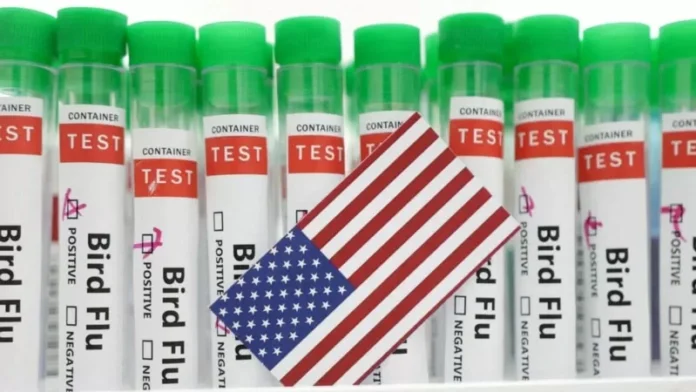The World Health Organization (WHO) has recently expressed concern over the limited surveillance of bird flu, which has hindered the organization’s ability to accurately assess the risk posed by the virus. According to WHO, this lack of surveillance has made it difficult to track the virus and its potential spread, making it challenging to implement effective control measures. As the world continues to grapple with the COVID-19 pandemic, it is crucial to address the issue of limited surveillance of bird flu to prevent another potential health crisis.
Bird flu, also known as avian influenza, is a highly infectious viral disease that primarily affects birds. However, it can also be transmitted to humans, causing severe respiratory illness and, in some cases, death. The virus is constantly evolving, making it challenging to predict its behavior and potential to cause a global outbreak. As such, it is crucial to have robust surveillance systems in place to monitor and track any changes in the virus and its spread.
Unfortunately, the current surveillance of bird flu is inadequate, with many countries lacking the necessary resources and infrastructure to detect and report cases. This limited surveillance has made it challenging to assess the risk posed by the virus accurately. According to WHO, only a small number of countries have reported cases of bird flu in the past few years, which may not reflect the true extent of the virus’s presence.
The lack of surveillance has also hindered the organization’s ability to identify potential hotspots for the virus and implement timely control measures. Without proper surveillance, it is challenging to contain the virus and prevent its spread to other regions. This is particularly concerning as bird flu has the potential to cause a global health crisis, as seen with the COVID-19 pandemic.
WHO has stressed the need for increased surveillance of bird flu to prevent a potential outbreak. The organization has called on countries to invest in strengthening their surveillance systems and reporting any cases promptly. This will not only help in assessing the risk posed by the virus but also enable the implementation of effective control measures to contain its spread.
The organization has also emphasized the importance of collaboration and information sharing among countries to improve surveillance. With the global interconnectedness and ease of travel, it is crucial to have a coordinated effort in monitoring and tracking the virus. This will help in identifying potential outbreaks and taking swift action to prevent its spread.
In addition to surveillance, WHO has also highlighted the need for increased research on bird flu. The organization has called for more studies to understand the virus’s behavior and potential mutations, which will aid in developing effective control measures. This research will also help in predicting the virus’s behavior and potential to cause a global outbreak, allowing for better preparedness and response.
While the limited surveillance of bird flu is a cause for concern, WHO remains optimistic about the future. The organization believes that with increased efforts and collaboration, the surveillance of bird flu can be improved, and the risk posed by the virus can be accurately assessed. This will not only help in preventing a potential outbreak but also contribute to the overall global health security.
In conclusion, the limited surveillance of bird flu is a significant challenge that needs to be addressed promptly. With the world still reeling from the COVID-19 pandemic, it is crucial to prevent another potential health crisis. WHO’s call for increased surveillance and collaboration is a step in the right direction towards achieving this goal. It is now up to countries to heed this call and invest in strengthening their surveillance systems to protect global health. Let us work together to ensure that the risk posed by bird flu is accurately assessed and effectively managed.

